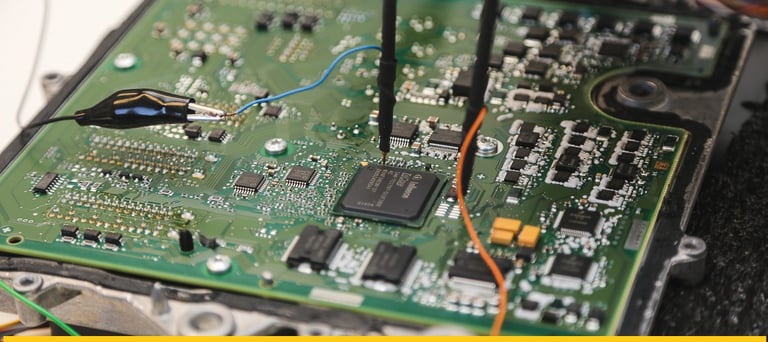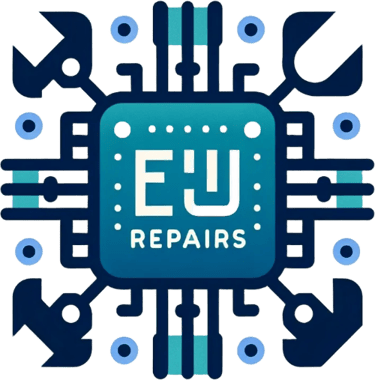

It looks like you’re dealing with a range of potential issues related to Engine Control Units (ECUs). Here’s a brief overview of the common problems and their causes:
Software Issues: Corrupted or outdated software can lead to performance problems. Reprogramming or updating the firmware might be necessary.
Sensor Failures: ECUs depend on sensors like the Mass Air Flow (MAF) sensor, Oxygen (O2) sensor, and Crankshaft Position Sensor. Faulty sensors can cause incorrect data to be sent to the ECU, leading to performance issues.
Wiring and Connector Problems: Faulty wiring, loose connections, or corroded connectors can disrupt communication between the ECU and sensors.
Power Supply Issues: Voltage fluctuations or inadequate power supply can cause the ECU to malfunction. This is often due to a failing alternator or voltage regulator.
Faulty Injectors or Ignition Coils: A malfunctioning ECU can incorrectly control fuel injectors or ignition coils, causing misfires or poor fuel economy.
Water Damage: ECUs are vulnerable to water and moisture, which can cause short circuits or corrosion.
Environmental Factors: Extreme temperatures can affect ECU performance, potentially leading to failure over time.
Physical Damage: Accidents or impacts can physically damage the ECU, rendering it non-functional.
Age and Wear: Over time, ECUs can degrade due to normal wear and tear, leading to malfunctions.
Tuning or Modifications: Unauthorized or improper tuning can stress the ECU and cause it to malfunction.
Internal Component Failure: Failures in microprocessors, memory chips, or capacitors within the ECU can lead to malfunctions.
Intermittent Issues: Some problems may be intermittent, making them harder to diagnose. These can be related to loose connections or temperature-sensitive components.
If you need more detailed information or specific troubleshooting steps, feel free to ask
